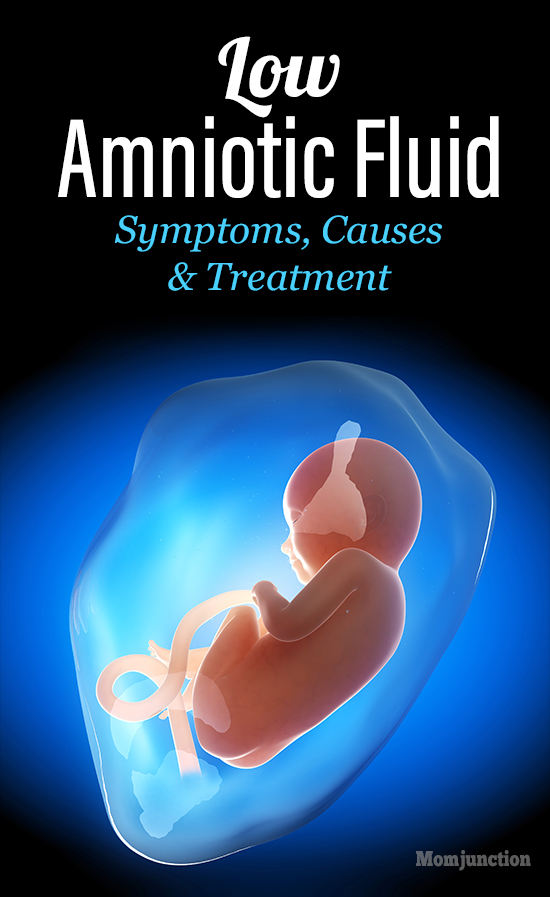

The cause of these leg cramps is not known, but they seem to be related to low amniotic fluid levels. There isn’t enough fluid around the baby to cushion against shock or injury during contractions.ĭuring the last few weeks of your pregnancy, you may feel a sharp pain in your calf or thigh that lasts for a few seconds. Low amniotic fluid during pregnancy can cause premature labour. If your baby isn’t getting the nutrients it needs from you, it may start to feed less, which can make you feel unwell. Low amniotic fluid can cause your baby to become stressed, resulting in a lack of appetite and difficulty breathing. If you notice swelling in your hands, feet or face, it may show that you have too little amniotic fluid to support your developing baby. Swelling is one of the most common symptoms of low amniotic fluid during pregnancy. It will help increase the blood flow to the foetus and encourage movement. If you’re on bed rest, try lying in different positions for a few minutes at a time.Encourage movement by placing a pillow under your stomach and shifting it from side to side.To help your baby feel more comfortable, try these tips:

It may cause them not to move as much or at all as they usually would during pregnancy. So when you find yourself urinating less than usual, it might be a sign of low amniotic fluid.īabies who don’t move around enough may be experiencing discomfort. Pregnant women urinate more than their non-pregnant counterparts. They filter out the waste products that come from your growing body. Your body is working hard to grow a baby, so your kidneys are working overtime. You might also feel like you’re constantly wetting yourself even though there’s nothing in your pants. You might notice this as a small wet spot on your underwear or a larger puddle. Leaking fluid is also referred to as perineal or vaginal leakage. It can be dangerous for both mother and child, so make sure to contact your doctor if you notice signs like this. If it’s brown or dark yellow and you’re producing more than four to five ounces per day, or more than two ounces per hour, it could be a sign that there isn’t enough amniotic fluid in your uterus. Keep track of the colour and frequency of your urine. It can lead to pain and discomfort, as well as fatigue. This puts strain on the mother’s muscles and joints. The reduced amount of fluid means that the baby is no longer cushioned and supported. So, if you’re feeling contractions, it might be a good idea to go to the doctor or midwife to ensure everything is okay.Įxtra stress on the mother’s body is another symptom of low amniotic fluid.

The baby can move around more if you have a lot of amniotic fluid.

The contractions you feel might depend on how much amniotic fluid is around your baby. They can range from mild to severe, but they usually indicate that your baby is moving and kicking. So what are the symptoms of low amniotic fluid?Ĭontractions are one of the most common symptoms of low amniotic fluid during pregnancy. Low amniotic fluid can lead to placental abruption, umbilical cord compression, and even stillbirth if left untreated. Symptoms of low amniotic fluid in pregnancy These include frequent Braxton Hicks contractions, premature labour and reduced foetal movement. There are several symptoms of low amniotic fluid. Low amniotic fluid during pregnancy can cause severe problems for the mother and the developing baby. But some women may need more testing if they have specific risk factors or symptoms of low amniotic fluid levels. These tests are often done during routine prenatal care visits. It can help doctors detect problems early in pregnancy. Your body produces it and it helps cushion your baby from bumps and jolts during pregnancy.Īmniotic fluid can be tested for certain chemicals and infections. What is amniotic fluid?Īmniotic fluid is the liquid that surrounds and protects your growing baby. Prompt treatment can cut many of the risks associated with low amniotic fluid. It is important for pregnant women to be aware of the symptoms of low amniotic fluid and to seek medical help if they experience any of them.


 0 kommentar(er)
0 kommentar(er)
